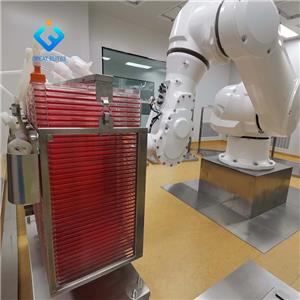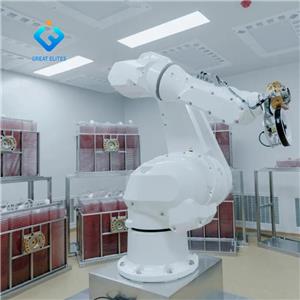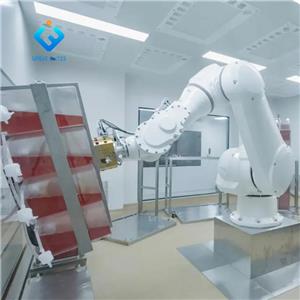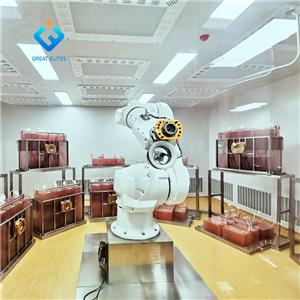About cell factory
About cell factory
Cell factory is a method that applies the theories and methods of cell biology and molecular biology to monitor the growth rate and metabolism of cells in the process of cell culture, and conduct large-scale cell and tissue culture and observation.
Cell factory is a method that applies the theories and methods of cell biology and molecular biology to monitor the growth rate and metabolism of cells in the process of cell culture, and conduct large-scale cell and tissue culture and observation.
Cell factories are widely used in mass production of vaccines, monoclonal antibodies or pharmaceutical industries because of their flexible choice of cell culture layers and culture areas, compact structure and low risk of contamination.
Anyone who has studied biology knows that animals, plant cells, and single-cell microorganisms are all factories of sex. The ability of cells to synthesize substances necessary for life activities is much greater than that of chemical plants. It can not only synthesize simple glycerol and acetic acid, but also synthesize extremely complex proteins and nucleic acids. Our chemists are also amazed by its economy and effectiveness. It can be said that since chemical synthesis, none can be compared with cells. Thousands of proteins can be synthesized in such a small cell, and it only takes 1.5 minutes to synthesize a peptide chain with 150 amino acids. This is impossible in chemical plants.
The organic synthesis of cells has given chemists great inspiration, learning from cells and effectively borrowing the structure of these natural substances, or the principles of Biochemistry and the whole biosynthetic route to produce substances that people need. For example, quinine (antimalarial drug) and reserpine (antihypertensive drug) are all extracted from plants, and plant cells synthesize these drugs. Chemists studied these synthetic processes and redesigned the factory to produce artificial quinine and reserpine. Under certain conditions, synthetic products, such as vitamin A, C, B, h, etc., are more ideal than natural products. The artificial imitation is a pure synthetic preparation with a structure similar to * * molecular skeleton, which has a higher analgesic effect than * *. This is the help given to us by the biosynthesis of biological cells.
Cell factories are used for industrial mass production, such as vaccines, monoclonal antibodies or pharmaceutical industry
● suitable for laboratory operation and large-scale cell culture
● the product has 1, 2, 5 and 10 layers, and the culture area is 640 cm ²~ 6335 cm ²
● save time and space, one ten layer cell factory culture area is equivalent to 36 t-175 cell culture bottles
● ready to use without any other accessories
● TC treated the surface to ensure * conditions for cell adhesion and growth
● linear amplification, and growth kinetics are exactly the same as those of experimental level culture
● large mouth, convenient for users to directly fill and empty
● high transparency medical grade polystyrene material




